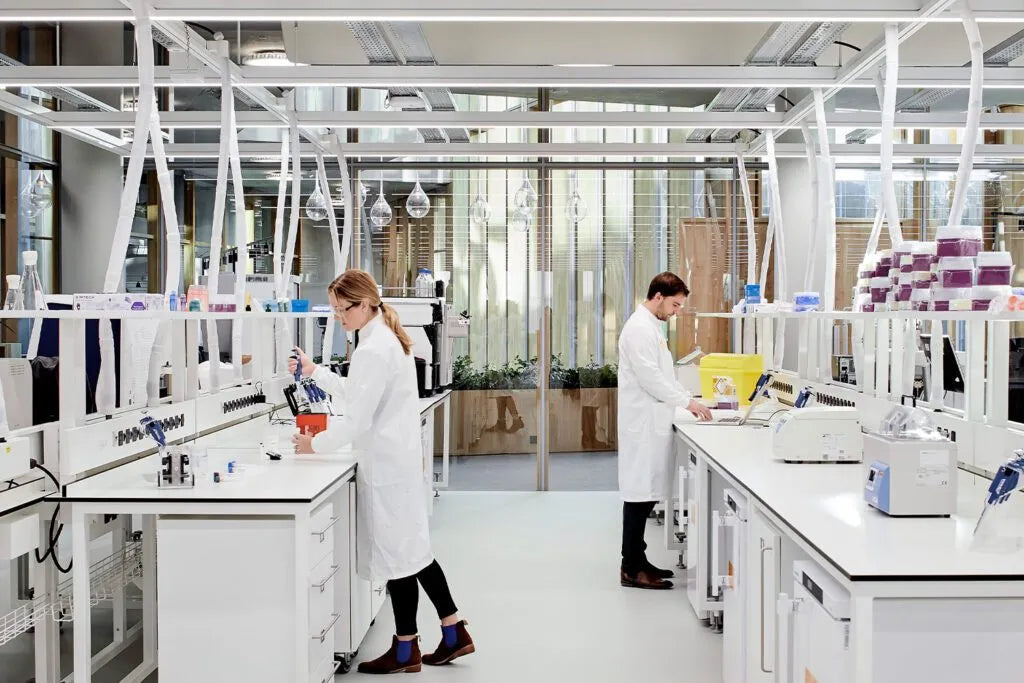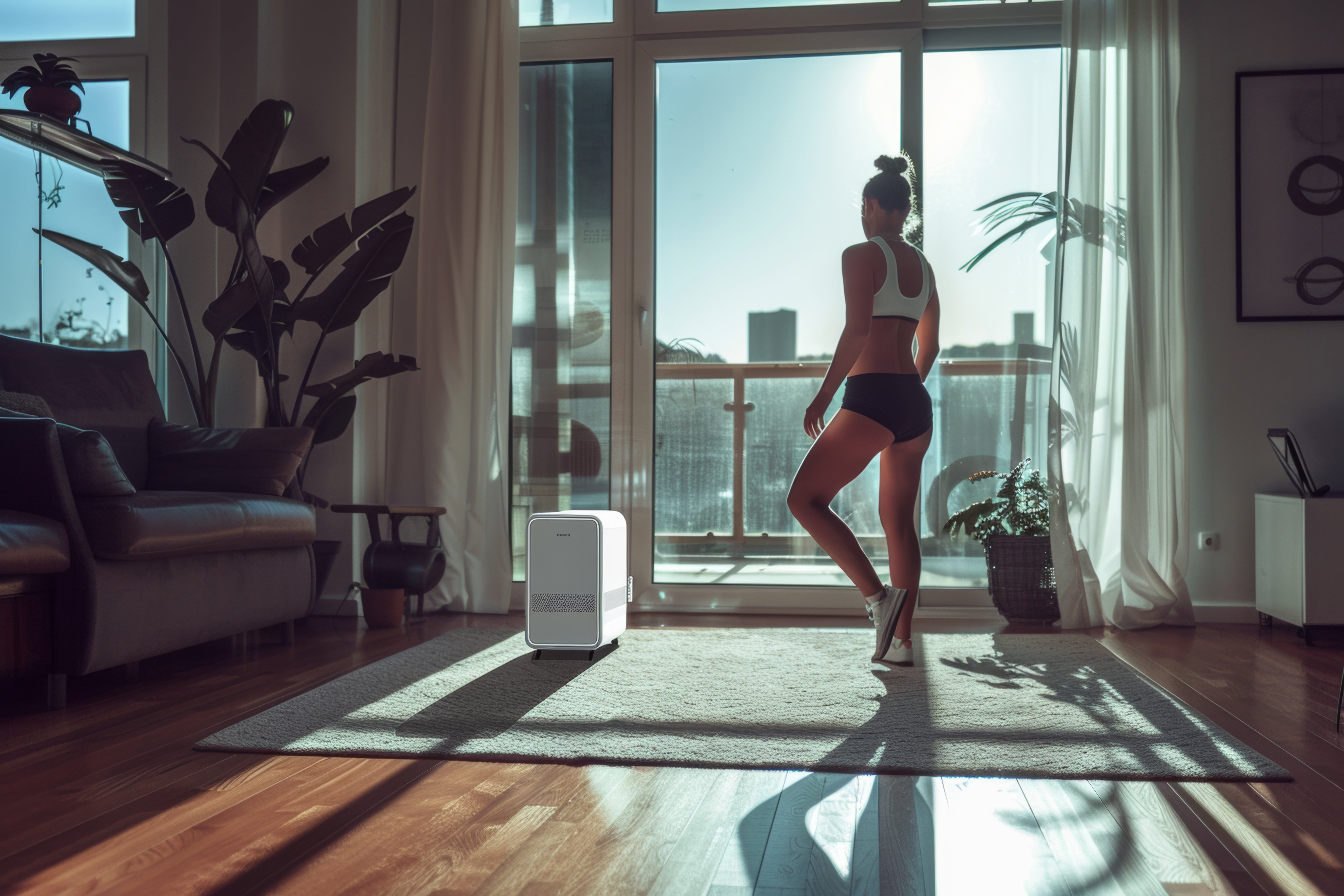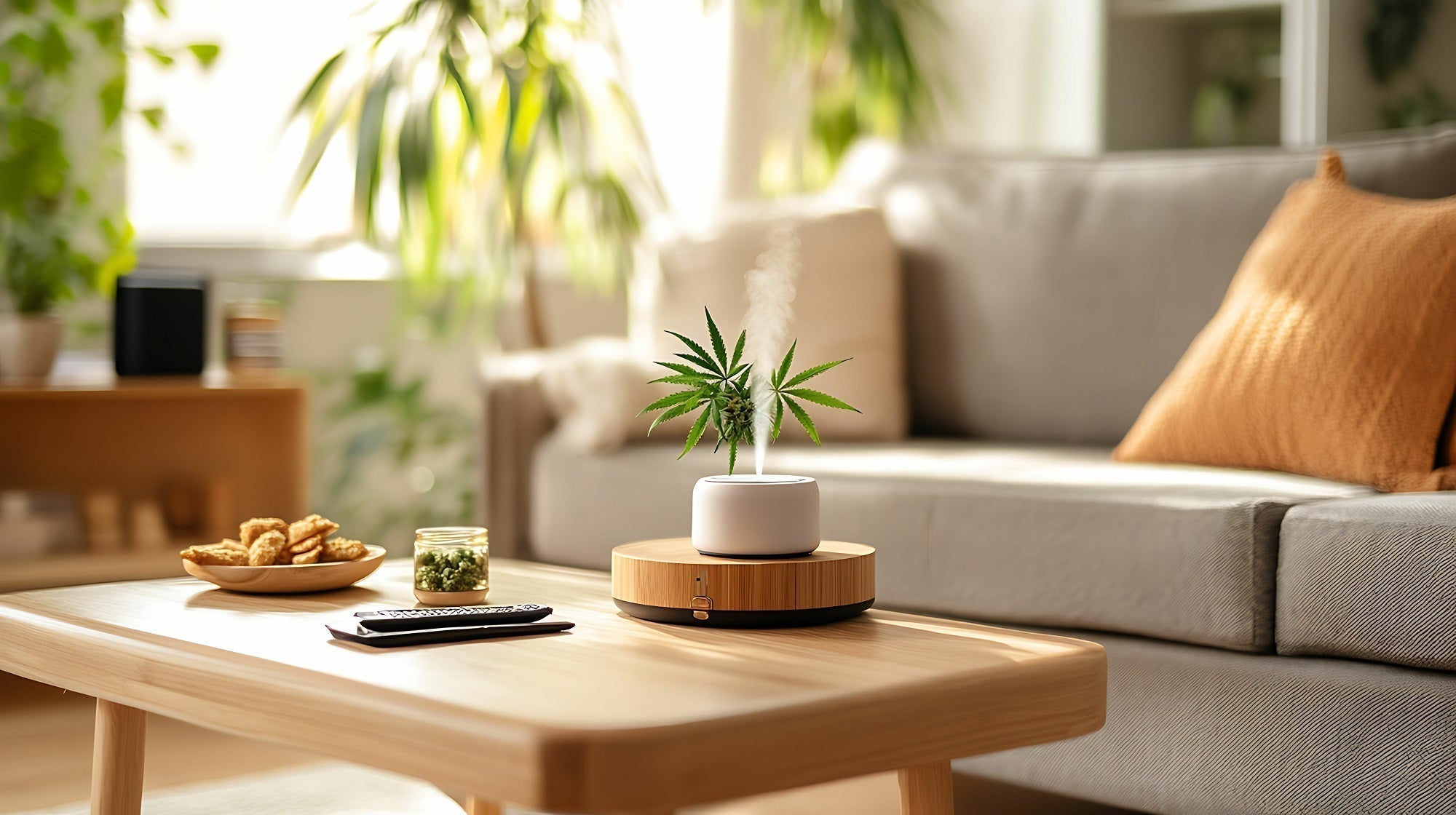Could France have won the World Cup?

It’s a warm December evening in Qatar. Didier Deschamps has just received the news that his key defender Varane has fallen ill, alongside Rabiot, Coman, Konate and Upamecano.
These players will miss Friday’s training session and, possibly, the World Cup final on Sunday, against Argentina.
They ended up playing, maybe not at their best of shape, conceding 3 goals and losing at penalties in what could have been their 2nd World Cup in a row.
But could all this have been avoided? The answer is contained in the meaning of Infection Prevention, the “art” of preventing infection or viruses outbreaks.
 Such craft of preventing viruses to spread amongst players starts from the control of the air they breathe. Players spend most of their time together, especially during World Cups, breathing the same air in changing rooms, gyms or indoor training facilities.
Such craft of preventing viruses to spread amongst players starts from the control of the air they breathe. Players spend most of their time together, especially during World Cups, breathing the same air in changing rooms, gyms or indoor training facilities.
Here, if a player caught the flu, it is very easy for them to infect other players, decimating the team and, ultimately, decreasing their chances of winning their next game.
 Recent studies show how COVID-19 cases caused players being forced to spend a total of 7,068 days off the pitch. These missed games cost football clubs €48.2 million, not to mention the possible economic consequences of not qualifying to certain competitions or not reaching a desired place in the league.
Recent studies show how COVID-19 cases caused players being forced to spend a total of 7,068 days off the pitch. These missed games cost football clubs €48.2 million, not to mention the possible economic consequences of not qualifying to certain competitions or not reaching a desired place in the league.
And this is only one virus. Taking into account players that missed games or didn’t perform at their best due to common flu, the number goes much higher. If we think about other businesses and healthcare providers, a recent report found that the flu cost £30bn in lost working days in 2018 in the UK only.
 How to decrease this cost? Infection Prevention. More practically? Improve ventilation and purify the air your employees, such as team players, breathe. With a small investment in air quality, business owners could save millions, and, in the case of sports, have their best players available at all time. The ROI on opportunity costs is there to take.
How to decrease this cost? Infection Prevention. More practically? Improve ventilation and purify the air your employees, such as team players, breathe. With a small investment in air quality, business owners could save millions, and, in the case of sports, have their best players available at all time. The ROI on opportunity costs is there to take.
Top teams in the Premier League have already invested in medical grade air purifiers to avoid virus outbreaks and keep their players and staff safe.
So could have France won the World Cup final? That, we won’t ever know. But what we know is that they could have prevented virus outbreaks in the team by controlling the air they breathe, increasing the teams’ productivity and, ultimately, helping the team succeed.
These players will miss Friday’s training session and, possibly, the World Cup final on Sunday, against Argentina.
They ended up playing, maybe not at their best of shape, conceding 3 goals and losing at penalties in what could have been their 2nd World Cup in a row.
But could all this have been avoided? The answer is contained in the meaning of Infection Prevention, the “art” of preventing infection or viruses outbreaks.
Protecting players in all environments

Here, if a player caught the flu, it is very easy for them to infect other players, decimating the team and, ultimately, decreasing their chances of winning their next game.
Sick days in sport

And this is only one virus. Taking into account players that missed games or didn’t perform at their best due to common flu, the number goes much higher. If we think about other businesses and healthcare providers, a recent report found that the flu cost £30bn in lost working days in 2018 in the UK only.
An air purifier for Infection Prevention

Top teams in the Premier League have already invested in medical grade air purifiers to avoid virus outbreaks and keep their players and staff safe.
So could have France won the World Cup final? That, we won’t ever know. But what we know is that they could have prevented virus outbreaks in the team by controlling the air they breathe, increasing the teams’ productivity and, ultimately, helping the team succeed.
Recent Blogs
Independent Global Testing Confirms MedicAir’s Filtration Excellence
Two of MedicAir’s flagship systems – the MedicAir Pro and MedicAir Pro Max – have been independently verified for their outstanding performance in real-world environments, following rigorous testing conducted in Kuwait by international air filtration expert Dr Iyad Al-Attar.
2025/09/03
24 min read
Heatwaves and Indoor Air Quality: How MedicAir Safeguards Health and Productivity
The recent heatwave has brought swelteringly high temperatures across the UK, significantly impacting indoor air quality (IAQ) and indoor environmental quality (IEQ).
2025/07/14
33 min read
Why Indoor Air Quality Matters for Cannabis Grow Rooms
With MedicAir, you get more than just air purification–you get peace of mind, knowing your plants are thriving in a controlled, contaminant-free environment.
2025/04/11
42 min read


